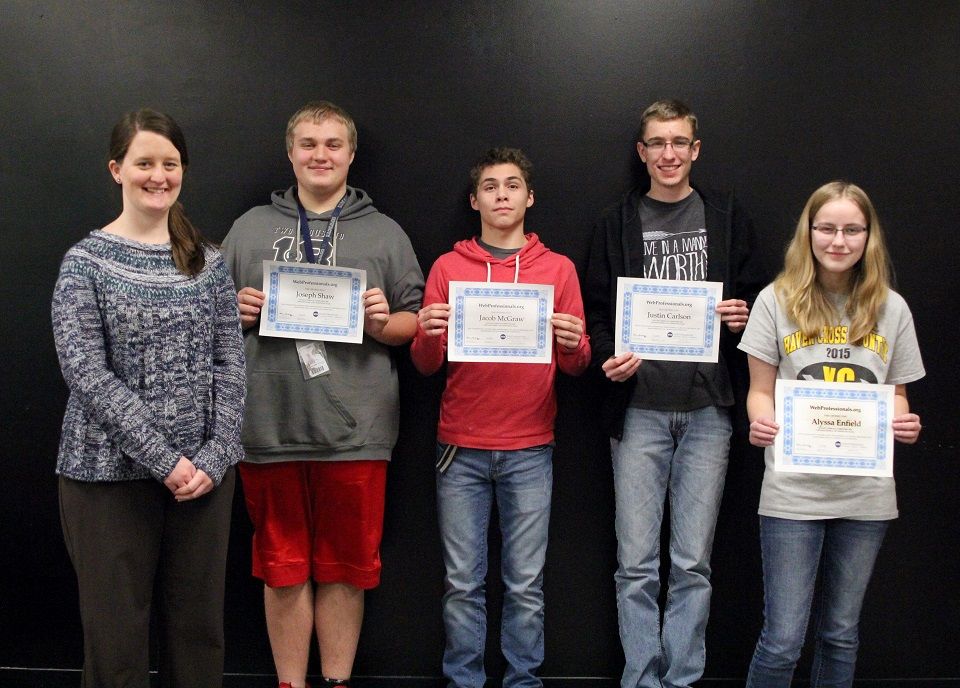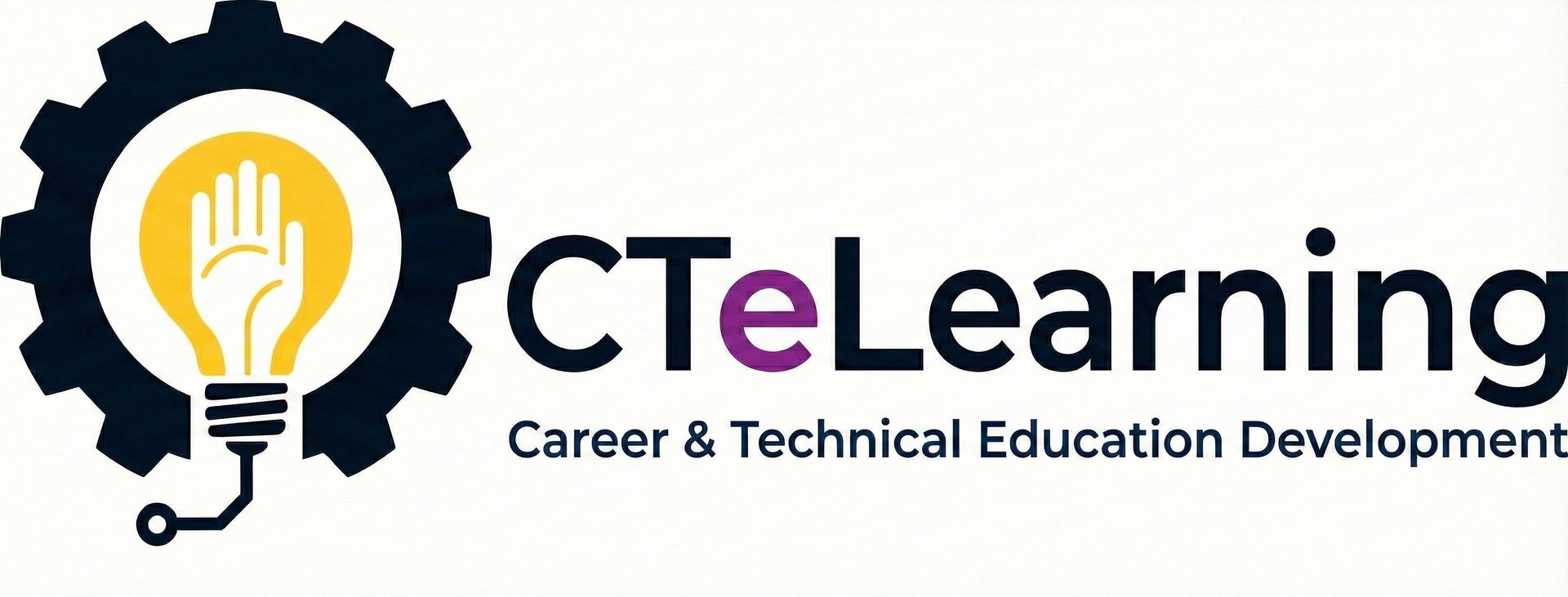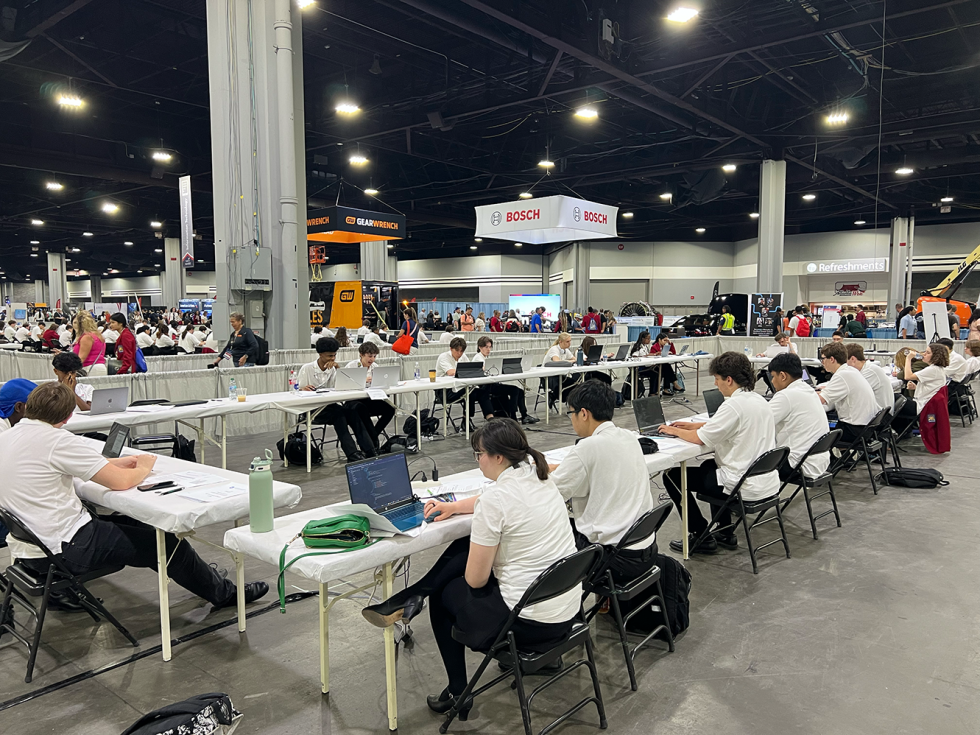Blog
CSULA and YMCA Bootcamp Gets Students Excited About Coding
With COVID-19 changing summer plans for students, the California State University Los Angeles (CSULA) Pathways program and YMCA of Metropolitan Los Angeles teamed up to offer an exciting coding bootcamp to keep students learning and engaged throughout the summer months. Over 40 students in grades 4-8 took part in the free program that taught them about career pathways in science, technology, engineering, art and math (STEAM) fields.
Making Technology Come Alive
CTeLearning.com facilitated these STEAM bootcamps in July for the 40-plus students who took part. Students in the bootcamp were exposed to a variety of STEAM skills, including coding, marketing, design and more . Founder and lead developer of CTeLearning Steve Waddell and Senior Developer Daniel Foreman led the bootcamps, with assistance from the wonderful teams at CSULA and the YMCA.
The bootcamps were held 100% remotely through Zoom , making it easy for students to log in from their computers at their kitchen or dining room tables. The bootcamps taught and enabled students to build their very own spinner apps , which they could then show to friends and family on various devices. The bootcamps required absolutely no prior tech experience, teaching them the basics through highly interactive online experiences .
With self-directed activities, videos, animation and coding sandboxes, students were engaged and excited about creating their very own apps. Students learned about how developers use coding and design to create the apps, games and websites they use on a daily basis, and the bootcamp enabled them to create their own app like true professionals.
Many of the students were familiar with or had used fidget spinners , and they were charged with creating their own spinner apps to help someone struggling with ADHD. The CTeLearning team members explained how they, as developers, often use fidget spinners to regain focus when working on long coding projects.
For students who required extra help in the coding bootcamp, the team from CTeLearning, CSULA and YMCA held breakout rooms for students to get one-on-one attention to work through issues. On the last day, there was a launch party for students to showcase the apps they had created to the other students and facilitators. Students came away from the bootcamp with an appreciation for how they could create actual technology applications and learned about the hard skills and soft skills that are required to enter growing STEAM fields such as coding, giving them a glimpse into potential career paths to explore.
Engaging Students with Coding and Design
The students were amazed that they could create real, live applications that they could show to friends and family. The facilitators talked about the impact of the bootcamps:
Bianca Guzmán, Director of CSULA Pathways, said, “The goal for the bootcamp is to immerse under-resourced and underrepresented communities in STEAM careers because there is such an equity and disparity gap for young people of color. Our mission is to engage students in the local service areas so they are well-prepared to enter higher education, which is part of the university’s commitment to engagement and service for the public good.”
Steve talked about the impact the bootcamp had on one young man: “We were using breakout rooms to help students with the apps. One student named David needed some help, and the other mentors were busy so I jumped in to help him out. He had done what all of us have done in coding and mistyped commands in a couple places. A few minutes later everything was working, and then we used one of my favorite features of our cloud-based system—previewing and sharing. The next thing David saw was me using his app on my Android phone at my office 1500 miles away, and then found out that Daniel the bootcamp co-developer was using on his iPhone across the Atlantic Ocean in Wales. David then said something I will never forget: ‘Wow, my coding can be used all over the world—I can affect the world.’ I told him: ‘Exactly, what you just created is already being used by someone 5000 miles away from you. Now, let’s go back to the group and show them what you have created and shared.’”
“You talk about one of those moments that sends chills up your spine—hearing the excitement and realization in his voice was one of those moments for me, and I hope for him too. When we developed our own cloud-based creative suite and coding environment, we made sure it would work well with bootcamps we run like this one with CSULA and YMCA. It is awesome to see students get excited about designing, creating and sharing an app with family and friends—the sense of accomplishment is obvious.”
Daniel, the other CTeLearning web developer and bootcamp leader, said, “There were a couple things that really struck me when we helped lead this bootcamp. One was how enthusiastic all the students were. I guess I should have expected it. Everybody has a smartphone these days and students love them. We had built some new technology that made it easy for the students to create and share on Android and iOS devices, and I think we made the tech easy so students at any level could enjoy creating and sharing their work. This experience also took me back to when, as a kid, my dad let me touch the keyboard and showed me how to make something happen on the computer screen. It was like a whole new world had been opened up for me. I remember the look I had in the reflection of the computer screen, and the smile my dad had at my excitement. Anyway, I saw the look in these students’ eyes, and I’m so glad I got to be there. Thanks to CSULA and their YMCA partners for letting us be a part of this.”
The entire team would like to thank the Web Professionals Organization (webprofessionals.org)—the non-profit professional association dedicated to the support of individuals and organizations in the coding industry—for endorsing the bootcamps as youth career and workforce building programs . CTeLearning has enjoyed its partnership with CSULA in bringing fully online courses and bootcamps to students, and it looks forward to continuing to get more students excited about coding, design, and career pathways.
Learn More About An Exciting Coding Bootcamp For Your Students
The CTeLearning team works with after-school programs to offer innovative and engaging bootcamps for students to learn new skills. Contact us today for more information and a free demo on how we can help you get your middle school or high school students excited about STEAM.
Middle and High School Coding Bootcamp Offerings from CTeLearning.com include:
- Spinner App (Coding, Digital Graphics, Physics, Target Markets)
- Augmented Reality App (Coding, 2D and 3D Graphics, Hardware)
- Your First Business Web Page (Coding, Graphics & Logos, Writing for the Web)
- Web and Mobile Game “Retro Breaking” (Coding, Game Mechanics, Angles, Target Markets)
- Voice Controlled App (Coding, Web Technologies, Graphics, User Experience)
- Bucket of Frogs (Coding, Physics, Game Play, Target Markets)
And ask us about our career-ready courses complete with international industry-recognized certification prep and support for secondary, post-secondary and workforce programs.
Share To
Get in touch with us today!
You can book a demo directly using Calendly, call us directly at 913-764-4272 or 877-828-1216, or submit the form and we will reach out to you.
We look forward to helping you and your students.








